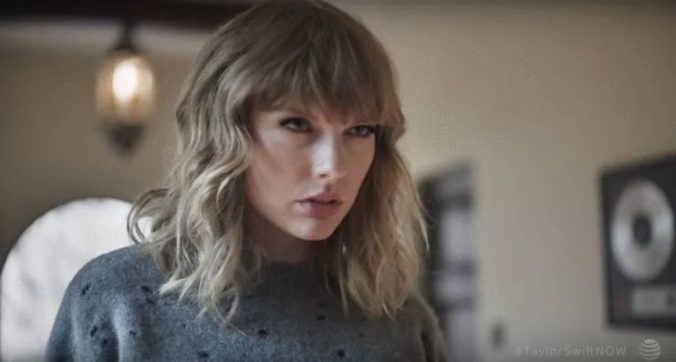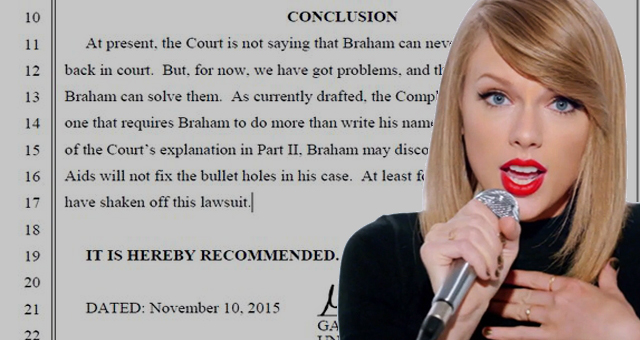Taylor Swift is one of the most prominent and successful musical artists of this decade. She has registered over 100 song copyrights with the U.S. Copyright Office.[1] Of course, Swift was a teenager when she first entered the music industry. The stories of exploitation within the industry by record companies, managers, agents and representatives are vast. It appears not even Taylor Swift was immune from a rather nasty dispute with the entity that produced her first six albums.
Over the weekend, Swift sent out a tweet to her 85 million Twitter followers.
While I am very familiar with who Taylor Swift is (though I prefer Tool), there are enough stories about her ongoing dispute with Scooter Braun, Scott Borschetta and Big Machine Records. I will let someone else explain the gossipy details involved there. Nor will I perform any deep dives into the private equity acquisition of Ms. Swift’s former record company that led us to these contractual impasses. Elizabeth Warren and AOC have already dipped their toes into that murky water.
Instead, I immediately realized this topic has copyright law implications. Did you know that most recorded songs have at least two separate copyrights associated with them? That is partially why there is such drama between Taylor Swift and Big Machine’s new owners. Ms. Swift, for one, very much does not welcome these new corporate overlords.
Continue reading

Recent Comments